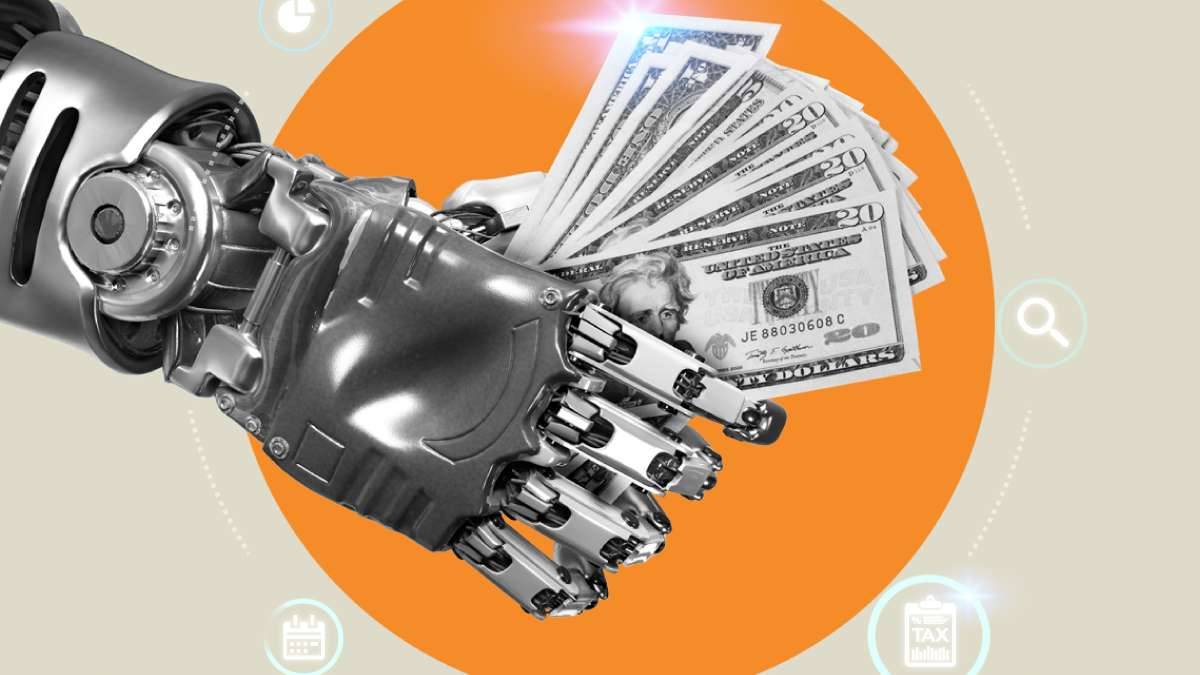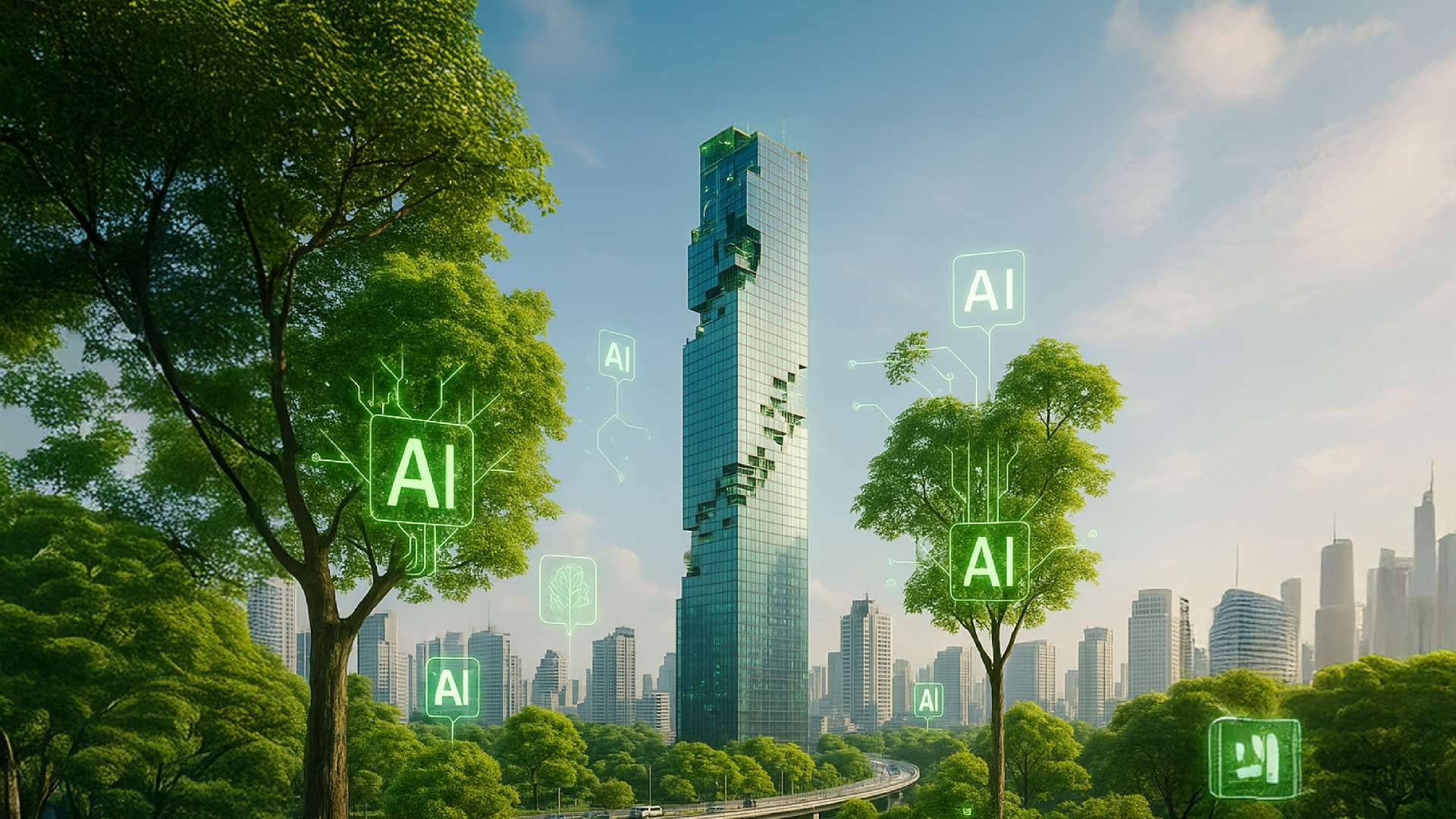
Robot Tax
ARTICLES | Aug 04, 2023
Technology will increase global GDP by 7% by 2030 to $15 trillion. But 300 million people will lose their jobs, raising the concept of "Robot Tax".
[#RobotTax] Robots will work with humans (Cobots), with a market value rising from $2.2 billion in 2023 to $20.5 billion by 2033. The trend raises concerns about human adaptation to technology. Artificial intelligence could raise global gross domestic product by 7% or $15 trillion by 2030 but could cost 300 million human jobs. Technology development could be paused to focus on scoping, regulation, and ethics. But humans perhaps cannot and shouldn’t stop technological progress. We need to understand and formulate policy to reduce economic and social inequality, foster innovation, and create a sustainable future from more advanced technologies, leading to the concept of "Robot Tax".
Automation, robotics, and artificial intelligence will become an unpaid workforce for organizations and employers. Taxation could replace the income tax paid by human workers to the state. The US government currently gains 81% of its income from personal income tax, along with VAT on spending and economic activities. If people lose purchasing power and robots don't have household costs, the government will lose revenue. People will be unemployed without help. Income inequality will rise, limiting growth potential for startups, small and medium business, and promoting the monopolistic growth of large enterprises, damaging the market, the economy, and the supply chain.
A robot tax could provide an opportunity for governments to address socio-economic challenges posed by the impact of human jobs being displaced by robots, providing resources to upgrade skills for people to work with technology. Social welfare initiatives could bridge the income gap and distribute wealth, such as universal basic income, healthcare, education, cheap renewable energy. Funding for research, technology, and innovation could promote work and positive interactions between humans and robots.
But governments should design appropriate tax measures for robots in each phase. In 2017, for example, South Korea was the first country in the world to pass a robot tax law. A tax deduction for organizations that invest in robotics and automation of 3-7% encouraged entrepreneurs to develop and use more technology. South Korea currently has the highest robot density in the world of 1,000 robots/10,000 human workers, 8 times the global average. South Korea’s government may consider increasing the tax on organizations that use robots instead of human labor.
Implications for the future:
- Robots, automation, and artificial intelligence create an unprecedented demand for careers in the labor market. Workers need to have a deep understanding of the industry so that they can identify gaps and opportunities that suit them and develop the skills for future positions.
- Although in the future there will be a need for human labor in emerging positions, unskilled workers won’t have roles. Upgrading labor potential to meet the demands of the future job market is an important issue that all sectors must urgently address.
- An industry that prioritizes human experience (High-Touch) has to make a big decision about designing the customer experience in line with the high-tech lifestyle of the future world.
Read more: Tech-enabled job replacement and advancement https://www.facebook.com/FutureTalesLABbyMQDC/posts/1440359033435633?ref=embed_post
References:
- The rise of the machines? AI, robots and industrial transformation https://www.msci.com/documents/1296102/34913408/Robots+Automation+%26+AI+-+Thematic+Insight.pdf
- Collaborative Robots Market Valued at US$ 2.2 Billion in 2023 and Expected to Reach US$ 20.5 Billion by 2033 https://marketresearchblog.org/2023/04/collaborative-robots-market-valued-at-us-2-2-billion-in-2023-and-expected-to-reach-us-20-5-billion-by-2033-driven-by-rising-demand-for-automation-and-flexibility-in-manufacturing/
- Goldman Sachs Predicts 300 Million Jobs Will Be Lost Or Degraded By Artificial Intelligence https://www.forbes.com/sites/jackkelly/2023/03/31/goldman-sachs-predicts-300-million-jobs-will-be-lost-or-degraded-by-artificial-intelligence/?sh=7a20b3dd782b
- Global Economics Analyst The Potentially Large Effects of Artificial Intelligence on Economic Growth (Briggs/Kodnani) https://www.key4biz.it/wp-content/uploads/2023/03/Global-Economics-Analyst_-The-Potentially-Large-Effects-of-Artificial-Intelligence-on-Economic-Growth-Briggs_Kodnani.pdf
- Bernie Sanders says he agrees with Bill Gates that the government should 'tax the robots' replacing workers https://www.businessinsider.com/bernie-sanders-government-should-tax-the-robots-that-replace-workers-2023-2
- The idea of a 'robot tax' is gaining steam as a way of dealing with automation that's killing jobshttps://www.businessinsider.com/robot-tax-san-francisco-2017-9
- San Francisco is considering a once unthinkable measure to offset the threat of job-killing robots https://www.businessinsider.com/san-francisco-considers-robot-tax-jane-kim-2017-4
- South Korea first in world to adopt ‘robot tax’ https://techwireasia.com/2017/08/south-korea-robot-tax-automation/
- South Korea's robot tax https://taxfitness.com.au/Blog/south-koreas-robot-tax











